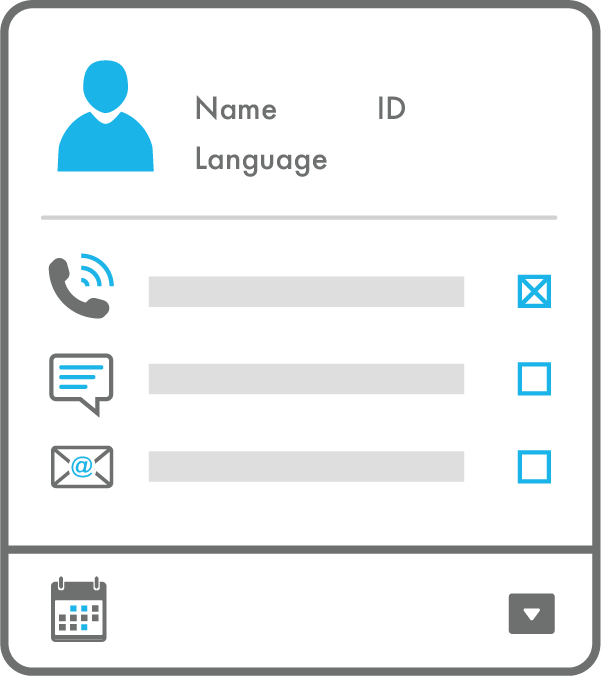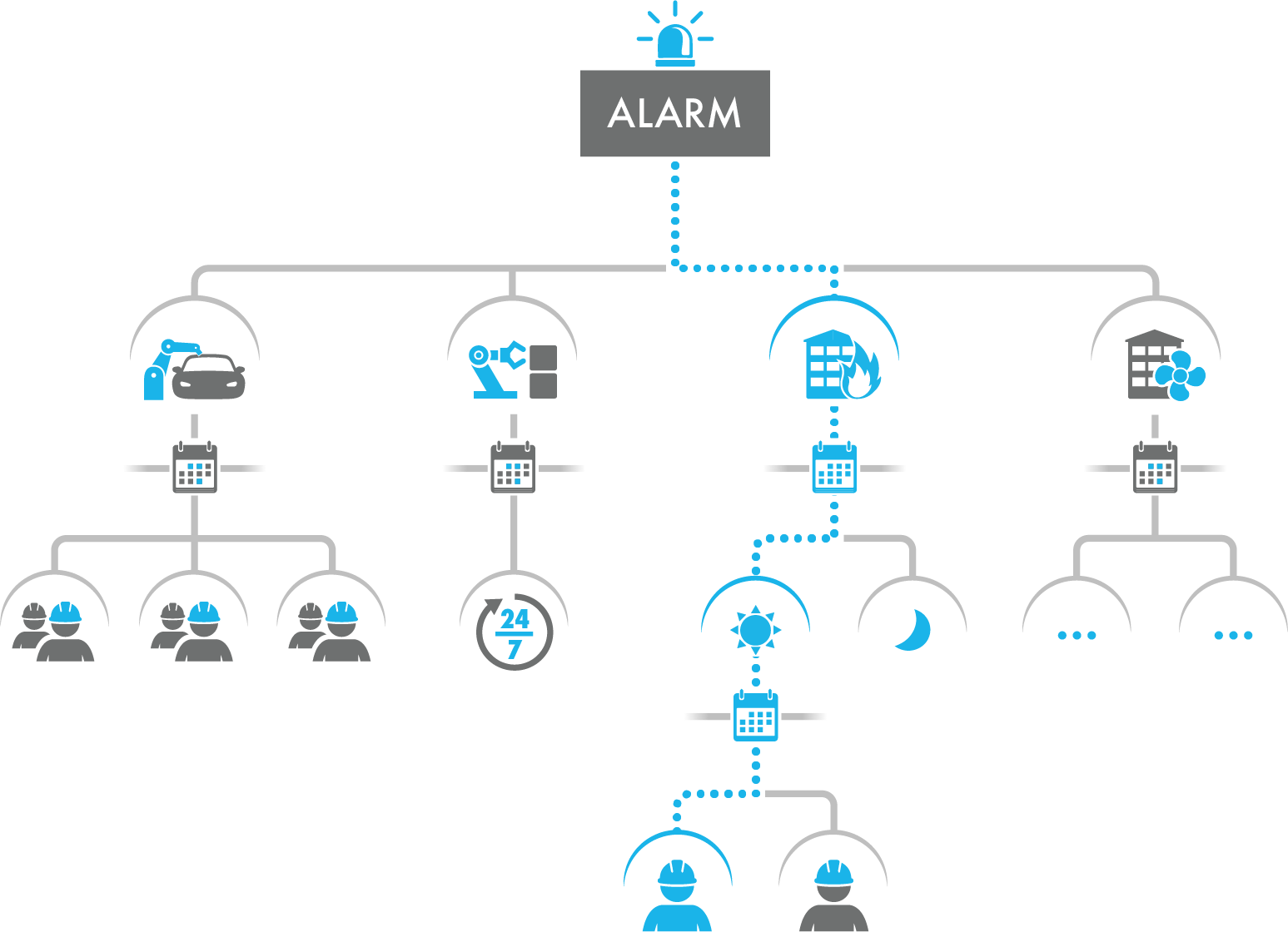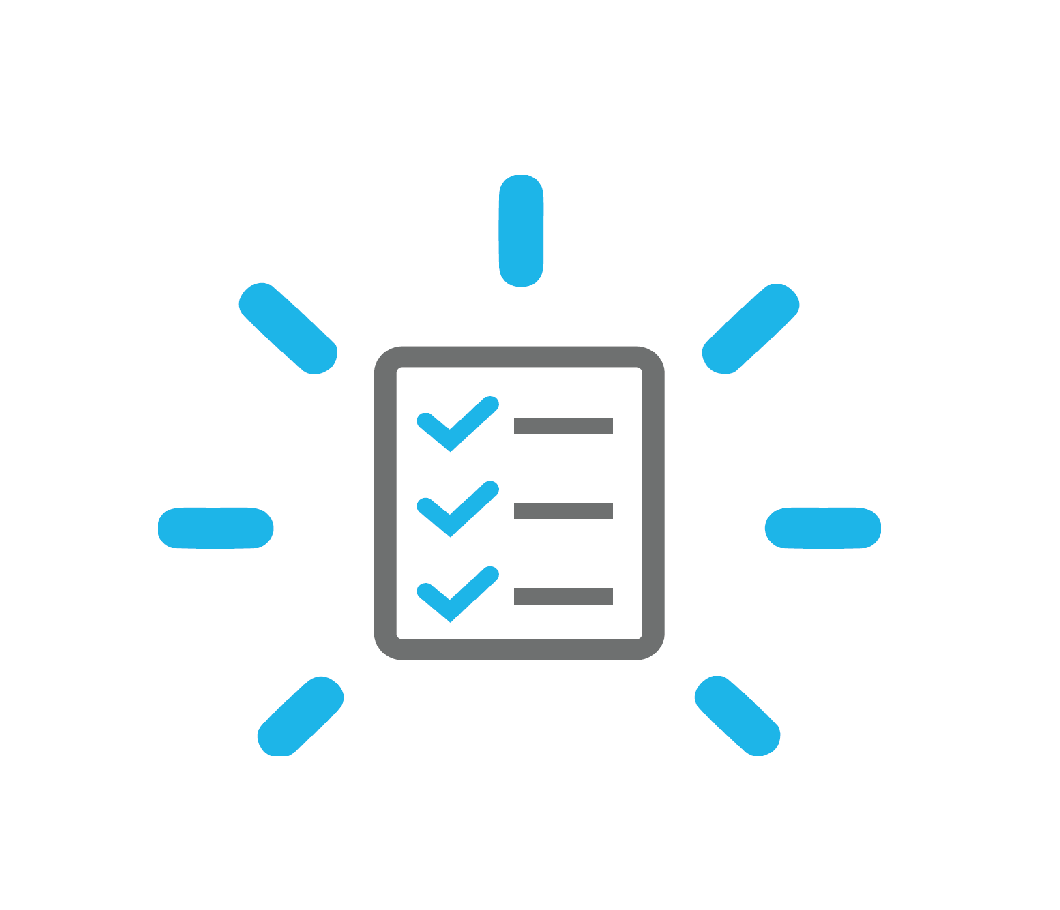
Operator profile
With ALERT, you can create an unlimited number of operators and media.
In addition to the basic information (first name and last name), you can also define the following attributes in an ALERT operator profile:
| Password | Password Passwords can either be managed by ALERT or delegated to a centralized entity, such as an Active Directory, which requires users to sign in with their Windows login details. |
| Access rights | You can set the access rights for each operator using one of the specific profiles. By default, three profiles are available: System, Control and Operation. The solution features a highly modular design, so that you can create new profiles as well as modify all existing profiles to suit your specific needs. |
| Language | ALERT not only offers a multilingual GUI, but also lets you send alarm messages in the target operator's usual language. |
List of media / call numbers | Each operator defined in ALERT can have an unlimited list of call numbers and addresses. Each number is associated with a specific contact method (e.g. text message or voice call for a GSM number). By default, calls are made in descending order of priority until a call is considered to have been successfully made. |
| Call media schedule | If several numbers/media have been defined, you can adapt the chosen contact method to suit your needs by creating a weekly schedule to determine how the on-duty operator will be called! For example, you can specify text messages during the day and voice calls at night. |


